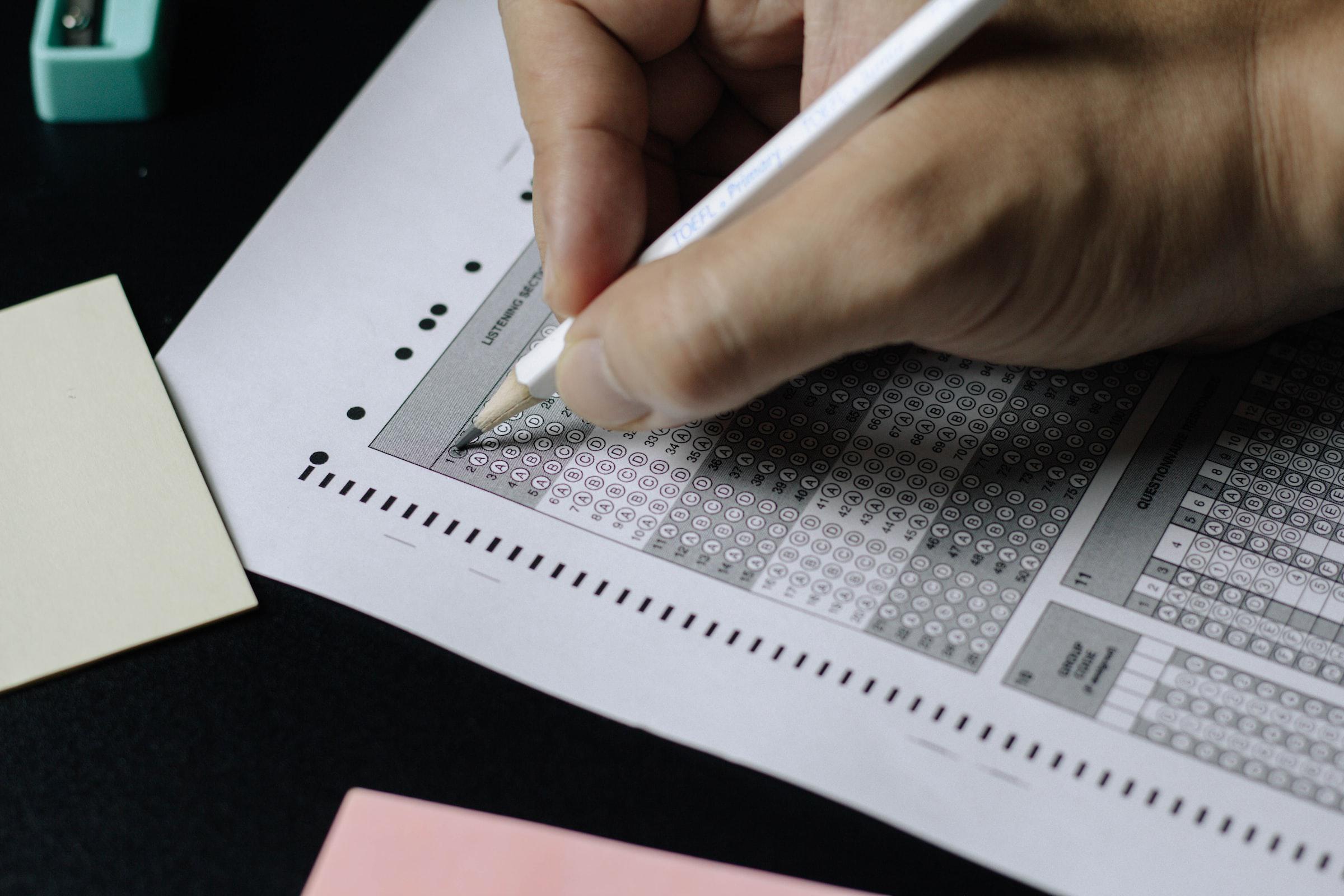 Dental exams and cleanings are essential components of family dentistry. Regular dental visits can help prevent cavities and gum disease. And routine checkups can help your dentist identify potential problems early on.
Dental exams and cleanings are essential components of family dentistry. Regular dental visits can help prevent cavities and gum disease. And routine checkups can help your dentist identify potential problems early on.
But how much do you know about these important visits? At Seacliff Dental in Huntington Beach, CA, Dr. Jason Cellars prioritizes patient education. Take our brief quiz, covering dental exams and cleanings and the conditions they can prevent.
Have questions? Contact our office for more information or to schedule your appointment.
-
How often should you schedule dental exams and cleanings?
-
Every year
-
Every six months
-
Every three months
-
Every other year
Answer: B
In general, you should schedule biannual exams and cleanings. But if you have a history of repeated decay or other oral health issues, Dr. Cellars may recommend additional appointments.
2. When should children have their first dental cleaning?
-
When their permanent teeth start to come in
-
When they are one month old
-
No later than their first birthday
-
Before starting school
Answer: C
The American Dental Association recommends that children visit the dentist no later than their first birthday. However, most babies cut their first teeth before they hit twelve months. Ideally, kids will visit the dentist soon after these first teeth come in.
3. True or False: You still need regular exams and cleanings if you have full dentures.
Answer: True.
Even if you no longer have natural teeth, dentures can still develop a buildup of bacteria and plaque. To prevent chronic bad breath and gum disease, you will need to have your dentures professionally cleaned. Furthermore, if you have standard removable dentures, you could suffer jawbone recession. Therefore, you will need periodic denture adjustments or relining to prevent slippage.
4. What is the advantage of digital x-rays?
-
Greater accuracy
-
Less radiation exposure
-
Improved patient education
-
Better inter-office communication
Answer: All of the above!
Digital x-rays produce as much as 80% less radiation than traditional imaging. This can reduce the risk for cancer and other serious health conditions. Furthermore, digital images are sharper than film and can be magnified many times on the computer.
5. True or False: Gingivitis and periodontitis are the same thing.
Answer: False.
Gingivitis is the initial stage of gum disease. It causes mild inflammation and is reversible with proper cleaning. Periodontitis is the advanced stage. It causes more severe discomfort, bad breath, bleeding, gum recession, and even tooth loss. Unfortunately, periodontitis is chronic and cannot be reversed. But proper maintenance can prevent tooth loss and limit discomfort.
6. Which of the following is not a symptom of oral cancer.
-
Mouth sores
-
Ear pain
-
Weight gain
-
Loose teeth
Answer: C.
Although cancer treatments can sometimes cause fluid retention and weight gain, oral cancer itself is more likely to cause weight loss. However, the disease can lead to many other symptoms. In addition to the ones listed above, these include bad breath, hoarseness, numbness, loose teeth, and pain when swallowing. Dr. Cellars will look for any of the early signs of oral cancer at every dental checkup.
Schedule Dental Exams and Cleanings for Your Family
Whether you aced the quiz or missed a few questions, routine dental care is equally vital.
Complete our online appointment request form or call our Huntington Beach office at (714) 848-4247.


